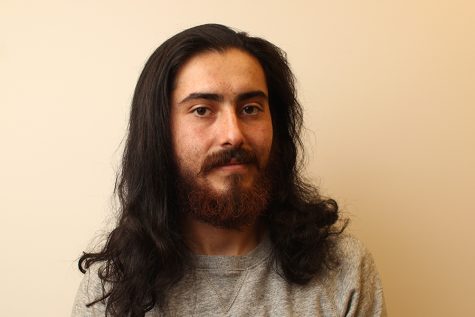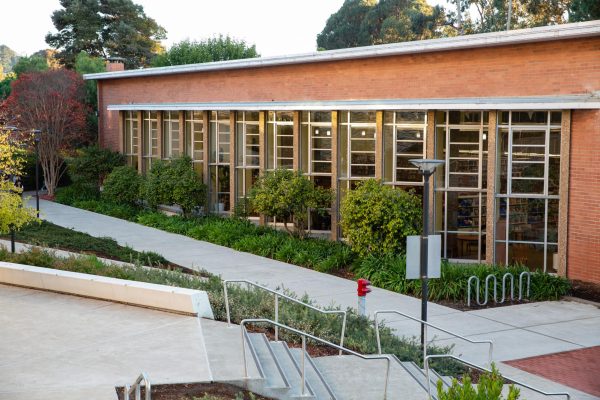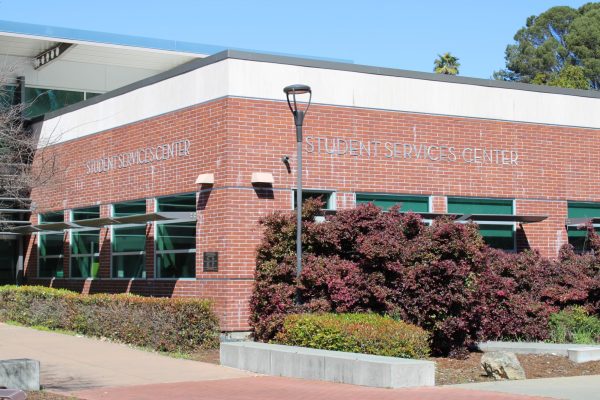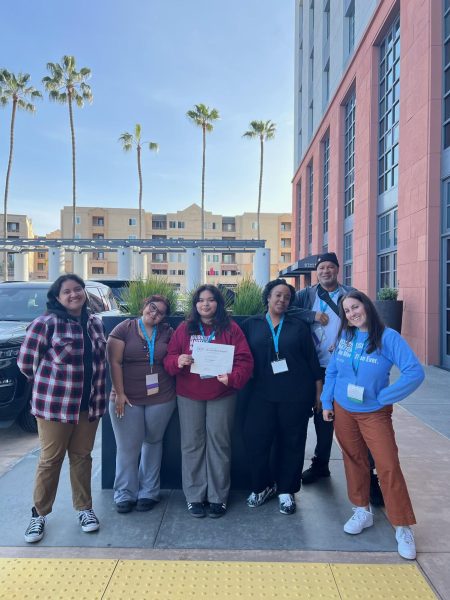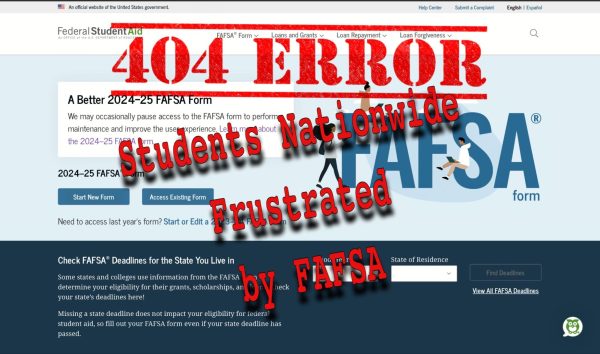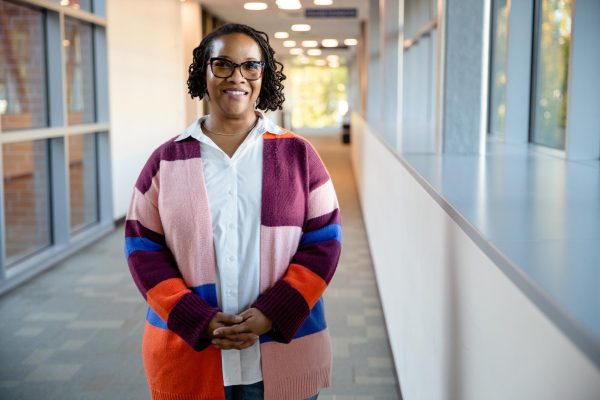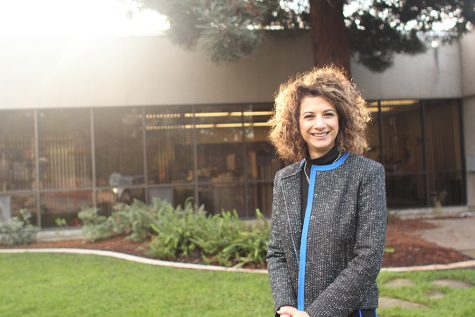Departments ‘trim’ course offerings, focus online
March 1, 2017
Students have six fewer course sections to choose from at Contra Costa College this semester than during the 2016 spring semester.
Contra Costa Community College District Educational Services Associate Vice Chancellor Sally Montemayor-Lenz said CCC offers 777 sections, either online or on campus, this semester as of the Feb. 6 census date.
According to Montemayor-Lenz, the 2016 spring semester offered 783 courses.
And while there was a slight increase in student headcount for the 2017 spring semester, there are no plans to increase course offerings.
“We are not expecting more course offerings,” college President Mojdeh Mehdizadeh said after the ASU meeting on Feb. 9. “We have actually slightly reduced course offerings this year in comparison to last year because frankly our fill rates were not good.”
Offering six fewer course sections seems minuscule, but it continues the downward trend.
Academic Senate President Beth Goehring said CCC eliminated 66 courses from 2015-16 to 2016-17 academic years to accommodate the $1.5 million reduction in the district’s operating budget.
Goehring said courses usually “roll over” from spring to spring, or fall to fall semesters, but if a class does not fill up it is canceled at the census date and the course does not “roll over” to next semester.
Mehdizadeh said each department chairperson is responsible for working with their respective deans to target sections and find ways to reduce offerings, but still adhere to student learning outcomes.
“What we did was we trimmed around the edges,” she said. “Department chairpersons evaluated which sections showed consistently low enrollment rates and these were removed or combined with other courses.”
She said the district is constantly researching data based on course enrollment rates into course sections, and student demographics to offer courses that yield high enrollment.
“Based on your actual enrollment in class you tell us if it’s an important class,” Mehdizadeh said. “So one of the things we are learning is (students) are asking for online classes. (Students) are asking for more fully online classes.”
She said the college uses enrollment rates and data collected from student educational plans they set with a counselor during the orientation process to determine which course sections the department should offer next.
Now that the district Governing Board approved moving from an 18-week to a 16-week academic calendar beginning in the fall of 2018, Mehdizadeh said it is the right time to step back and examine how to improve student’s academic pathways with online course offerings.
“The compressed calendar decision gives us the perfect opportunity to reevaluate when and which classes are offered looking at pathway models, and recognizing students with particular majors.”
She said evaluating which courses to offer also helps professors develop an online pedagogy as the district prepares to completely switch to Canvas, the online learning platform that will replace Desire2Learn at the start of the 2017 fall semester.
The Governing Board was presented with the 2017-2022 District Distance Education Committee’s Strategic Plan at the Dec. 14 meeting in Martinez at the District Office.
According to Table 2 in the DDEC Strategic Plan, about 64 percent of online courses offered throughout the district are fully online courses while 36 percent are hybrid courses.
CCC offers about 30 percent of its online classes fully online, Los Medanos College offers about 72 percent and Diablo Valley College sits in between at 68.3 percent.
Distance Education Coordinator Judy Flum said there is a cohort of full-time professors who are currently developing online or hybrid courses that have not been offered at CCC before.
Flum said speech department Chairperson Sherry Diestler is working on a fully online Speech 121 course, art department Chairperson Anthony Gordon is developing Art 132 to be offered fully online and early childhood education professor Sandra Moore is developiing an online early childhood development course.
Flum said professors in past cohorts have developed English, drama and psychology courses that are currently offered online.
“The department chairperson and dean have to sign off in order for the course to be placed on the schedule for the next semester,” she said. “Not only do professors have to develop the course, it has to be taught.”
Since 2014, CCC has increased its course offerings from 25 to 68 online or hybrid courses.


